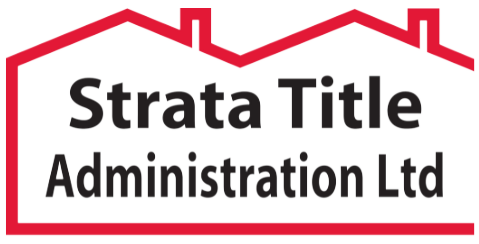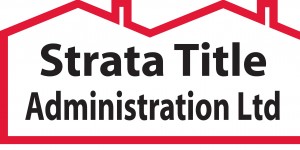The Chairperson and Committee
Understanding the roles in a Body Corporate can be challenging. To help with this, we’ve created a free Guide for Body Corporate Committees. Strata can also arrange a workshop to help groups that are having difficulty with the challenges of these roles.
Under the Unit Titles Act 2010, the Chairperson has governance responsibility for your Body Corporate. These responsibilities are detailed by the Act, the Body Corporate Rules, and the will of the Body Corporate as expressed in its Annual General Meetings. Although it’s common to delegate many of the tasks of the Chairperson to a professional Body Corporate management service, this does not affect the property rights of any unit owner.
If you elect a formal committee, then the Committee has a mandate from the Unit Titles Act 2010 and the AGM at which it is elected. The Committee will have delegated authority from the Body Corporate unless it is resolved by the Body Corporate not to do so.
All Committee members need to be entrusted to ensure effective governance, despite the different perspectives they hold. Individuals are neither advocates nor delegates with sectional interests, but work for positive outcomes for all concerned. The Committee must be committed to ethical conduct in all areas of its responsibilities and authority.
Onsite Building Manager
Nearly all residential apartment complexes of any size, and many large townhouse developments, have an onsite building manager.
The role of the building manager varies, depending on the type and complexity of the multi-unit development. The building manager is an independent contractor to the Body Corporate, with an employment contract that is administered by Strata on behalf of the Body Corporate and its elected officers (the Committee and the Chairperson).
Levy Statement
As part of a Body Corporate, you and the other unit title owners will pay levies to keep the collective property running well.You need to pay levies whether you employ a professional Body Corporate service or not.
Your Body Corporate is legally required to keep the common property in a state of good repair, establish and maintain adequate funds, and keep levy contributions from owners in proportion to the Utility Interest or Ownership Interest, as the case may be, of their respective units.
You’ll pay an annual levy, and sometimes you might pay a ‘special levy’ for a particular project outside the annual budget, as agreed on by your Body Corporate.
At its Annual General Meeting, the Body Corporate will set a budget to cover its costs – such as insurance, valuation, maintenance contracts, administration fees, and other outgoings such as contributions to the Sinking Fund (for a future expense or to pay a long-term debt) or Long-Term Maintenance Fund.
Owners at the AGM (for the annual levies) and at an Extraordinary General Meeting (for a special levy) will decide when the Body Corporate’s levies are due, and decide on a ‘user pays’ principle for collecting the levy if it’s not paid by the due date. That means if you don’t pay on time, you’ll need to pay more.
A levy statement for your contribution to the funds of the Body Corporate is sent to you with the AGM minutes, by your preferred method of contact (post or email).
Financial Accounts
The financial accounts for your Body Corporate are a record of all receipts (levies received from owners) and payments made to run your Body Corporate.
Invoices to support the items appearing in the accounts are held by Strata on your Body Corporate’s account file. A financial report detailing all receipts and payments made during the Body Corporate’s financial year is distributed to owners with the agenda for the Annual General Meeting. Attached to the financial report will be an audit certificate for Strata Title Administration’s trust account – this confirms it has been independently audited.
GST
Stratawill ensure your Body Corporate complies with the requirements of the Goods and Services Tax (GST) Act and that it keeps the records required by the Inland Revenue Department.
The GST Act requires a GST return to be filed every six months if the funds passing through your Body Corporate’s trust account on an annual basis are between $60,000 and $499,999, and every two months if the amount is $500,000 or more.
Tax Return
A Body Corporate registered for GST is also required to make an annual return for income tax purposes, and to pay tax if it has any taxable income (such as from interest). Strata will arrange for a chartered accountant to file income tax returns for your Body Corporate.
Auditing Body Corporate Accounts
The Unit Titles Act 2010 requires financial statements for a Body Corporate to be audited annually, unless the Body Corporate decides by special resolution at the Annual General Meeting that they are not to be audited for a particular year.



